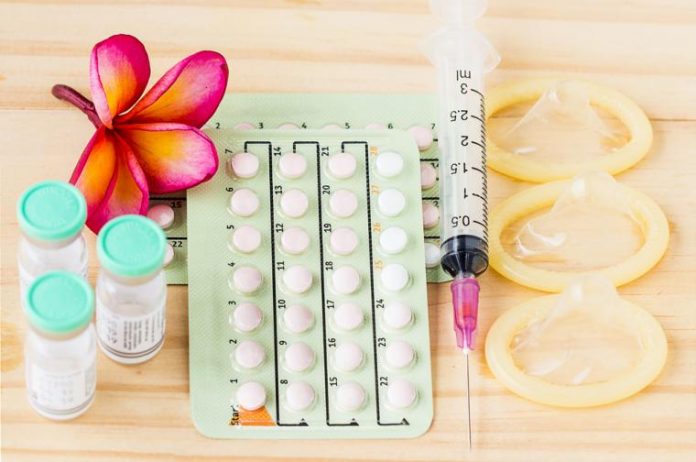Negative side effects of contraceptives
Birth control methods are supposed to prevent unwanted pregnancies but these methods can also rake havoc in your body.
There are different types of contraceptive pills. They all contain synthetic forms of the hormones estrogen, progesterone, or both. Synthetic progesterone is called progestin. Combination pills contain progestin and estrogen. The “mini-pill,” contains only progestin.
Before settling down on any method, you need to do some research on the expected side effect of the preferred method.
Here are some of the negative side effects of the various contraceptives.
Headaches
If you have splitting headaches and you are not sure why your birth control method could be to blame. Especially if you have started using it recently.
Common culprits for headaches are the pill, E-pills and hormonal IUDs. Headaches caused by contraception often disappear over time. However, sometimes, the pill can even relieve your existing headaches.
Also Read: Are you allergic to latex condoms?
Menstrual changes, cramping, and spotting
Birth control methods start affecting your menstrual cycle. So it’s no surprise that the most common side effects revolve around changes in periods. Many things can change when you start with a new method. Your period can get heavier or lighter, or you may have some unexpected spotting.
Some of these methods can make you lose your periods for some months. This can happen after you stop using the method or when you are still on it.
Premenstrual syndrome may go away; or, unfortunately, get worse and you can be moodier than usual. You may also feel more cramping than before. Many of these side effects are normal and will ease with time. Quite a few methods are known for causing trouble in the period department, especially the pill, E-pills, IUDs and injectable (Depo-Provera).
Weight gain
It’s a myth that all birth control methods lead to weight gain. But unfortunately, quite a few women do gain weight when they start using a new method. For some women, this weight may disappear as effortlessly as it came. While for others, it will take considerable effort to go back to their normal weight. Methods most known for weight gain are pills and injectable.
Skin issues (acne)
When using contraception, you may notice changes in your skin, both good and bad. Implants, for example, can cause acne while certain types of pill can help a lot with clearing up any skin issues. If you have had skin problems in the past, it is a good idea to take this into consideration.
Unfortunately, some methods causes dark patches on the skin and also a serious acne breakout. So if you didn’t have acne before and since you started using your preferred method there have been changes, you need to stop and look for a suitable method.
Decreased libido
The hormone or hormones in the contraceptive pill can affect sex drive in some people. If decreased libido persists, this should be discussed with a medical provider.
In some cases, the birth control pill can increase libido, for example, by removing concerns about pregnancy and reducing the painful symptoms of menstrual cramping, premenstrual syndrome, endometriosis, and uterine fibroids.

Do you have any news or article you would like us to publish? Kindly reach us via outreach@t4d.co.ke or howtodoafrica@gmail.com.




















